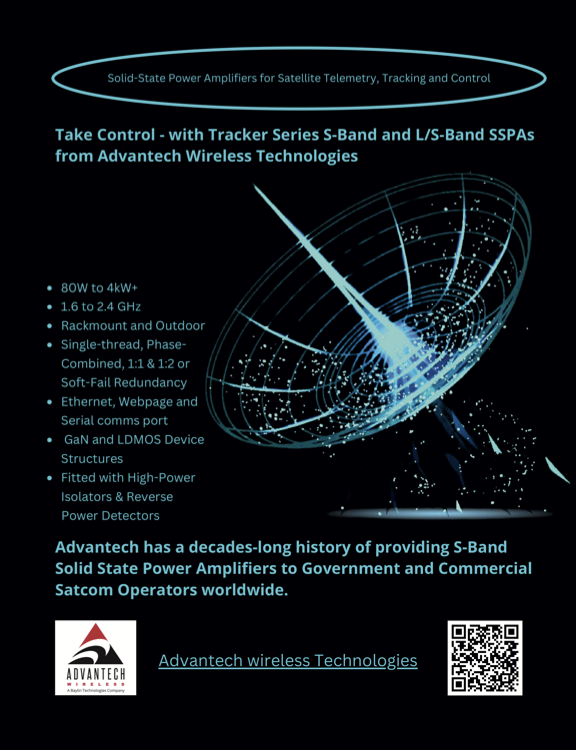Curt Blake, Seth Cowell and Peter Bratton
In our last article, we explored the basics of the U.S. Government’s procurement system and some of the unique complexities involved.

Not surprisingly, the complexities can be especially acute for non-U.S. companies. In this article, we address some frequently asked questions that non-U.S. companies often pose when considering the landscape of U.S. government contracts.
______________________________
Do I need a U.S. legal entity?
______________________________
Having a U.S. legal entity is not always required. Even where not legally required, the U.S. government and many prime contractors (companies that have direct contracts with the government) often prefer dealing with U.S. legal entities. For this and other reasons, space companies that decide to seriously pursue U.S. government contracts often decide to establish one or more legal entities in the U.S. to help facilitate these bids (in addition to helping achieve other legal and business objectives).
____________________________________________________
Can I do classified work for the U.S. government?
____________________________________________________
The best answer is... maybe. However foreign companies should know that there are strict preconditions, and this is one situation where having a U.S. legal entity is a must. If the government or a prime contractor identifies a foreign-owned company that will be performing classified work, that foreign company must first enter into an agreement with the Defense Counterintelligence and Security Agency to obtain legal authorization to perform such classified work (a “facility security clearance” or “FCL”). Additionally, the employees of that legal entity who will actually perform the work will need to get their own security clearances (“personnel security clearances”). As a condition of getting a FCL, the U.S. legal entity will need to negotiate the security practices that it will implement in order to mitigate the foreign ownership, control, or influence (“FOCI”) of the foreign parent—that is, measures that will help ensure that sensitive activities and information to which the U.S. entity is exposed are protected from disclosure to and influence from the foreign parent.
_____________________________________
I heard FOCI applies even to some
unclassified contracts. Is that true?
_____________________________________
Yes, that is true, for the Department of Defense. In 2024, the DoD expanded the FOCI review process to certain additional contracts, including in some cases unclassified contracts valued over $5 million. It is not yet clear how this new instruction will be implemented by DoD. What is clear is that FOCI remains a priority for DoD. That fact probably weighs in favor of foreign space companies establishing U.S. subsidiaries to seek out DoD contracts.
________________________________________________________
I’m worried about taking on all of these obligations —
is there a way to test the water?
________________________________________________________
One way that many foreign companies “test” the U.S. government market is by seeking commercial arrangements with other companies that already have government contracts (“prime contractors”), with the goal of taking on some portion of that government contract. Such arrangements can be helpful for foreign companies new to government contracting, as they provide an opportunity to navigate the ins and outs of the U.S. procurement system alongside an experienced collaborator. An established U.S. partner can often provide valuable insights into the overall process, especially the government’s unique needs, and even serve as a source of introductions to potential government customers. At the same time, such foreign companies can potentially limit the exposure that would otherwise exist when they seek out direct contracts with the U.S. government.
___________________________________
What about U.S. export controls?
___________________________________
This concern is not limited to government contractors, but export control is certainly an increased risk area for those doing business with the U.S. government. Space technologies are often subject to strict export controls under International Traffic in Arms Regulations (“ITAR”) and Export Administration Regulations (“EAR”). Contractors must be mindful of these controls and have in place rigorous compliance programs to ensure they do not fall foul of these regulations.
__________________________________
Is there anything special launch
companies need to know?
__________________________________
Yes, the U.S. government’s use of launch services from foreign or foreign-owned companies has even more requirements. Most notably: (1) a launch provider must be at least 50% owned by U.S. nationals or be a subsidiary of a foreign company that has been determined to be a “U.S. commercial provider” by the Secretary of Transportation, and, (2) the launch vehicle must be “U.S. manufactured.” NASA and DoD (the principal purchasers of launch services for the U.S. government) have been known to impose additional requirements in specific contracts, but can also provide flexibility where warranted. For example, the “Buy American Act” requires that the cost of U.S. components for many delivered items must be at least 65%, but that can sometimes be lowered to 50%.
____________
Conclusion
____________
Foreign space companies certainly should not go into the U.S. contracting arena hoping for exceptions—if anything, they should expect the process to be even more strict.

Near the top of that list should be working closely with experienced U.S. government contracts counsel.

Authors Curt Blake (Senior Columnist to SatNews Publishers), Seth Cowell and Peter Bratton are with Wilson Sonsini Goodrich & Rosati. Curt Blake, Senior of Counsel, is an attorney and senior executive with more than 25 years of experience leading organizations in high-growth industries— and more than 10 years as the CEO of Spaceflight, Inc.— at the forefront of the New Space revolution. Curt has extensive expertise in strategic planning, financial analysis, legal strategy, M&A, and space commercialization, with deep knowledge about the unique challenges of New Space growth and the roadmap to success in the that ecosystem. The views expressed in this article reflect those of the author himself and do not necessarily reflect the views of his employer and its clients.



